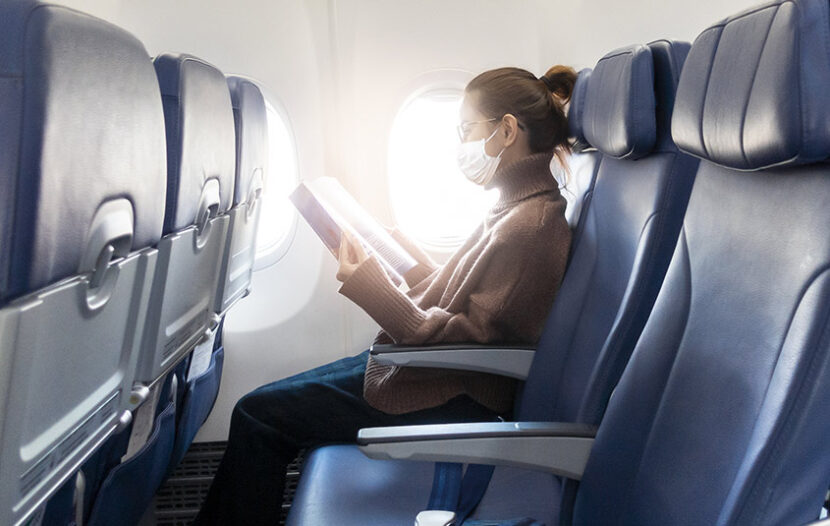GENEVA — A newly issued statement from IATA speaks to an interview published yesterday by Bloomberg in which IATA’s Medical Advisor Dr. David Powell was asked about the risk of COVID infection during a flight.
Asked ‘What are the risks of infection during a flight?’, Dr. Powell said: “Whatever the risk was with delta, we would have to assume the risk would be two to three times greater with omicron, just as we’ve seen in other environments. Whatever that low risk – we don’t know what it is – on the airplane, it must be increased by a similar amount.”
Dr. Powell maintained his common sense, science-based approach in his responses to other questions.
Asked if it would be safest not to fly at all, Dr. Powell said: “The greatest protection you can give yourself is to be vaccinated and boosted.”
The headline for the Bloomberg interview? ‘Omicron may double risk of getting infected on planes, IATA says’
In a statement issued today, IATA asserted that the aircraft cabin remains a very low risk environment for contracting COVID-19 even though omicron appears to be more transmissible than other variants in all environments.
Dr. Powell adds that factors that contribute to the very low risks include aircraft design characteristics (direction of air flow, rate of air exchange and filtration), the forward orientation of passengers while seated, well-enforced masking, and enhanced sanitary measures.
The controlled nature of the aircraft cabin compared to other enclosed environments adds a further measure of protection, he noted.
Public health authorities have not suggested further measures for indoor environments as a result of omicron; and IATA’s advice for travellers, including correctly wearing masks, “is unchanged and even more important.”

